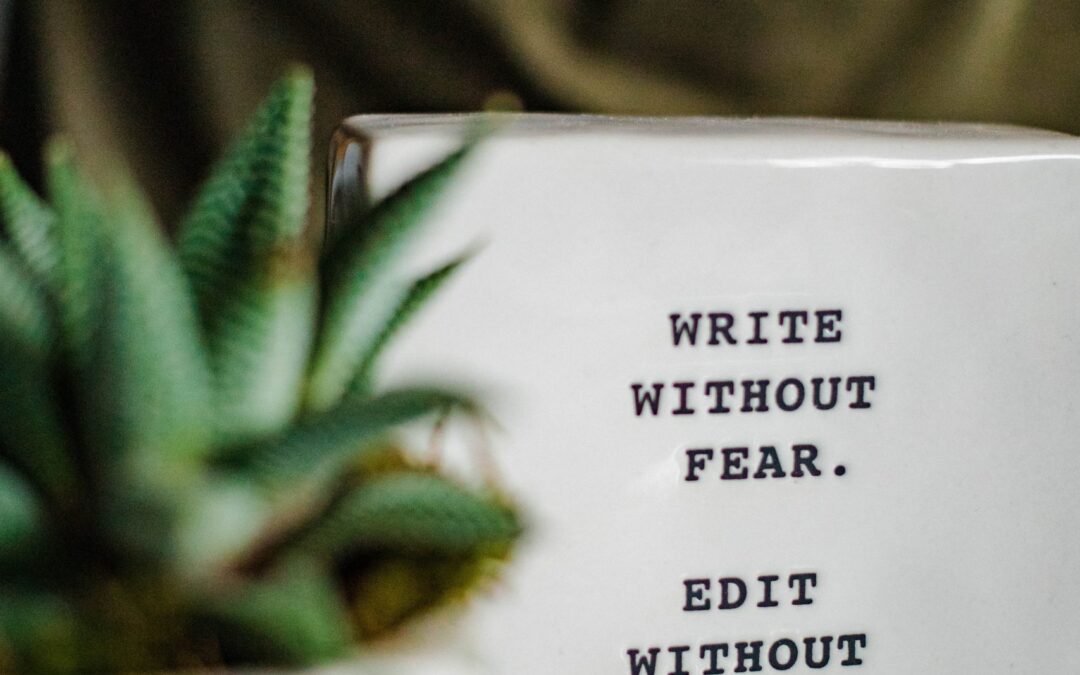How do you see yourself? And is what you see . . . true?
Indeed, who are you? And how can you know it?
Who we are and who we think we are can be two very different things. For example, you may be capable of rising early in the morning, but you may not think you are capable of rising early in the morning. Try as you might, because of your inability thus far to successfully rise early consistently over time, almost of necessity, you begin a narrative in which you tell yourself, “This is just who I am. I am not an early riser.”
To make matters worse, because we don’t see failure as an opportunity to learn what doesn’t work, or what we might need to work on, our default setting is to conclude we don’t work, at least not in this way. But because we struggle against the feeling that there is something inherently wrong with us—i.e., how could we (or anyone for that matter) love, much less respect someone as weak and defective as we are?—we instinctively seek to excuse ourselves and to justify our behavior. Therefore, because you are not, by design, an early riser (or so you tell yourself), it becomes a kind of personal mission to convince anyone that might think negatively of you (to include yourself) that this is not your fault—you were born this way—and therefore not your responsibility. This can’t be held against you, in other words. You can’t hold it against yourself any more than anyone else can hold it against you. However, because we don’t consider that the story we’re telling ourselves might be more fiction than fact, we don’t learn who we truly are, much less the person we’re capable of becoming.
The problem isn’t who we are. The problem is who we think we are. It’s the story we tell ourselves about ourselves.
For this reason, we need to be very careful about the meaning we attach to things. How we see ourselves and who we ultimately become is largely determined by what we think things mean. For example, “Is she mean to me because she hates me or because she hates herself?” “Am I disobedient because there’s something wrong with me or because I’m still learning to regulate my emotions (or both)?” In other words, change what something means to you and you change not just your relationship to that thing, but to yourself. To see yourself and the world differently changes not just who you are in the world, it changes the world itself.
Our pasts have a tendency of haunting us. In fact, we find it difficult at times to leave the past in the past which is why we often find ourselves recreating it over and over again. But it isn’t the wounds themselves that seem to cause the greatest harm. It’s what we think those wounds tell us about ourselves that cut deepest. Not only do our wounds have a tendency of disfiguring how we see ourselves, but we often struggle to disbelieve we deserved our disfigurement—how else do we explain why those who love us, to include God, did not protect us from such abuses? The temptation to believe that these things happened because we’re unlovable or unworthy or both is a narrative that we struggle to resist. Our naivety sets us up, at least in the short-term, for failure. Before we could even think about what we think, many of our experiences taught us to see ourselves and the world in a fundamentally flawed way. We believe things about ourselves and others that are not true because, quite literally, we didn’t have the capacity at the time to see them any other way.
Fortunately, not only can we re-write our stories to change the future, we can re-write our stories to change the past. Although we can’t change what happened, we can change the meaning of what happened which fundamentally changes the experience. To change the experience is to be re-born.
So, to answer the original question: Who are you?
You are potential.
And your potential is realized or neutralized in the stories you tell yourself and in the meaning you attach to things.
You should be very deliberate, therefore, in choosing whom you allow to influence and ultimately write your life’s script. Otherwise, by default, you’ll allow others to write a story for you that doesn’t at all capture who you truly are, much less inspire you to be your best self. Although the theme of every human story should be that we are of infinite worth and our potential is unlimited, that part will almost certainly be left out. When others write our story for us, whether intentionally or not, it’s generally a story designed primarily to make them feel better about themselves, not the other way around. As a result, at best, it will be caricature of you, the purpose of which will be to put you down, however subtly, to build them up.
You deserve a better story.
Indeed, you deserve a better life.
You deserve to know who you are.


Recent Comments